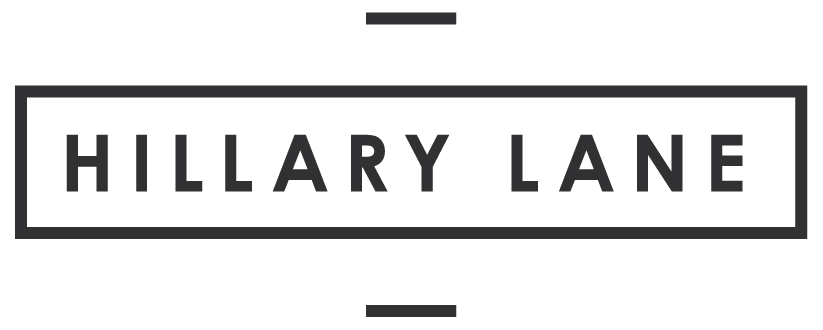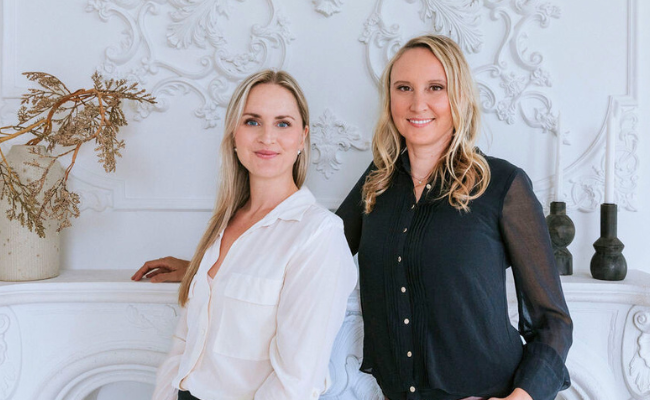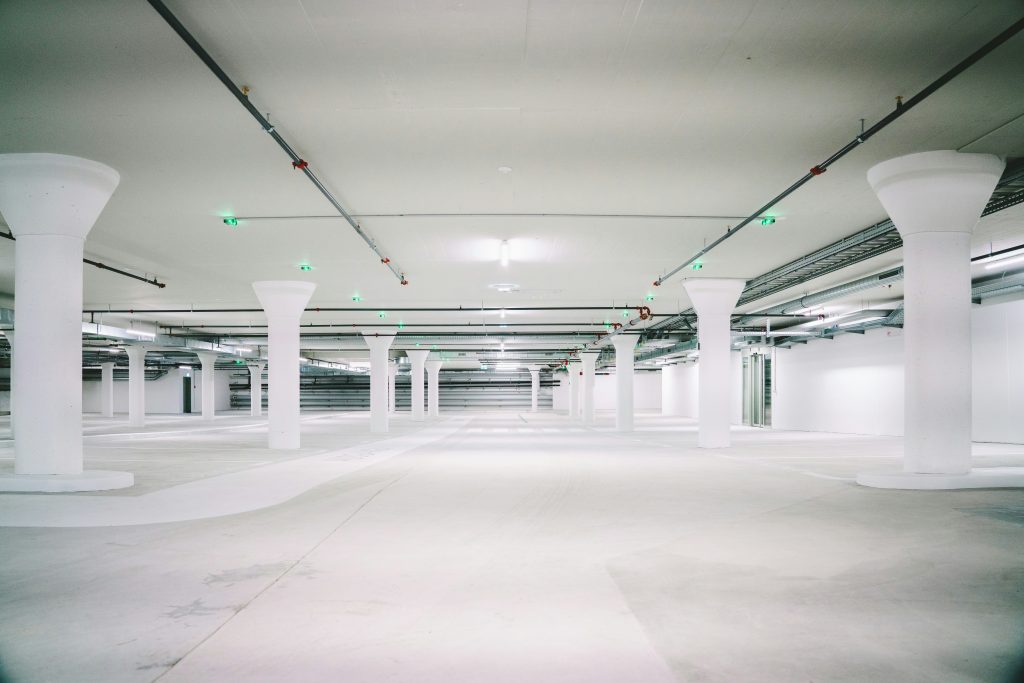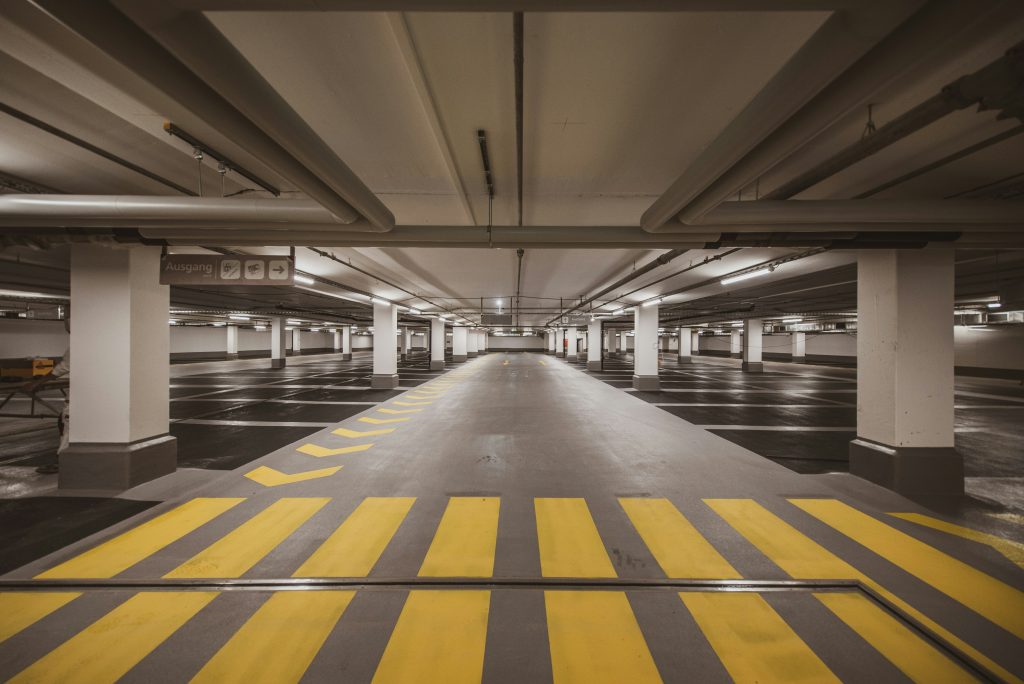When you’re preparing to buy a home, there are a host of questions to entertain. Where do you want to live? What kind of home do you see yourself living in? What’s the best neighbourhood to settle down in?
But before you get to all the fun stuff, there are a few practical considerations to take care of. The very first step should involve going over your budget in detail. Believe me, I know it’s tempting to just start looking at homes. But if you’ve overestimated what you can afford, seeing properties out of your price range will taint your experience when you start looking at what you can afford. The grass is always greener and the more exposure to properties out of your budget, the less dazzled you’ll be by the homes within your reach.
So first thing is first. Speak with your mortgage broker or lender and find out what financing you qualify for. When you know what’s in the budget you can start to narrow down on neighbourhoods and style of home. Your down payment will likely be your largest expenditure. But when it comes time to buy, there are several other expenses you should take into account.
1. DEPOSIT AND DOWN PAYMENT
Down payment requirements vary depending on the price of the home you purchase. In general, for homes under a million you can put anywhere from 5% – 20%+ down. Keep in mind that a down payment of less than 20% will require you to get mortgage insurance. For homes over a million you will need at least a 20% down payment and will not require insurance. That’s why it is important to have a conversation with an experienced mortgage advisor or broker to weigh your best options.
You’ll be required to put down a deposit when you make an offer on a home. This amount varies depending on location and purchase price of the home. Typically in Toronto and the GTA, you’re looking at around 5% of total purchase price of the home. You will likely see smaller deposits the further you go from the city. The deposit will go towards your down payment and is held in trust by the listing brokerage or the seller’s lawyer. It remains in this account until the deal closes and your new home has officially become yours.
2. TAXES
A) LAND TRANSFER TAX (LTT)
Next to your deposit, the other big expenditure is your land transfer tax. This amount depends on the purchase price and by the location. Lucky to be buying in the great city of Toronto? You’ll get dinged twice with a provincial and a municipal land transfer tax. Outside the city? You only pay provincial tax. The fee structure is also tiered. For example, you pay 0.5% for the first $55k of the purchase price and 0.1% for the second tier of $55k-250k, all the way up to 2.5% for $2.5 million plus, etc. You can calculate the amount you’ll likely owe here.
There is an Ontario land transfer tax rebate program, but it maxes out at $4,000. It’s not much considering how much the LTT can be, but it’s worth pursuing if you qualify. There are several qualification including:
– being a Canadian citizen or permanent resident
– never previously owning a home
– you must occupy the home within nine months of purchase
You can get more info here on the program requirements, and then verify with your lender. You must apply for the refund within 18 months of purchase, so make sure that you’re organized.
B) FOREIGN RESIDENT TAX
If you’re not a Canadian resident or permanent resident of Canada, then you’re not done with the taxes yet. There’s a 15% speculation tax on all property purchases within the Greater Golden Horseshoe Region (GGH). The GGH includes the entire Greater Toronto Area, stretching to Peterborough and Northumberland in the East, Wellington and Branford in the west, and extending to the Canadian border at Niagara in the South. This tax was introduced in 2017 in an attempt to reduce speculative investing by foreign buyers inflating the market. The impact on curbing prices remains uncertain as it was introduced with several other measures. However, it doesn’t look like it’s had much of an impact as anticipated. Or perhaps there isn’t as much speculation in the GTA as expected.
C) HST
13% HST tax is eligible on properties that are new builds or have been substantially renovated. Commonly a builder will factor these into the sale price. If they haven’t, you may be eligible for a rebate when you purchase and if you occupy the home. It’s best to proceed with caution and get legal advice on your particular situation.
Those are the big ones. The remainder aren’t as expensive individually, but they will add up.
3. REAL ESTATE LAWYER
Lawyer fees depend on the purchase price, but expect approximately $1500-2000. How lawyers structures their fees will vary with experience and firm. A smooth closing requires a proficient professional and a detailed eye. Trust me, this isn’t an area to cut corners and try to save money. A savvy and experienced professional will allow you to close with confidence and is more than worth paying a little extra.
4. LENDING CHARGES
Check with your lender if there are any charges/fees for porting, downsizing or discharging your mortgage. Get this information in writing and be very clear on the terms. If you are purchasing and selling you may also need bridge financing, so make sure you understand the terms and time frame.
5. APPRAISAL
Most lenders will require an appraisal of your new home. They may have someone they work with, or your realtor can connect you with someone reliable. If your lender does not cover the appraisal, you can expect it to cost $300-$500.
6. HOME INSPECTION
Home Inspectors are essential to understanding exactly what you are purchasing. It is important that they work for a reputable company and have extensive experience so that they can identify any potential issues. Again, another area where the main focus shouldn’t be saving money but rather working with a quality inspector. You can avoid purchasing a money pit with a clear list of all potential issues so we can negotiate a fair price, or know when we should walk away. Keep in mind in a seller’s market that it’s not always an option to include this condition, and some seller’s may provide a pre-list inspection. If you are able to complete one of your own, then expect it to be in the $350-$550 range.
7. MOVING COSTS
This cost will vary depending on quantity of furniture, distance of the move, and services required (packing vs. moving). It’s best to get a solid recommendation and to work with a reputable mover. There are some real horror stories out there from working with discount movers . Budget a few thousand for this unless you plan on tackling the majority of the task yourselves.
8. RESTYLING COSTS
If you’re moving into a new phase of your life or a different size or style of space, you may need to plan some redecorating. If you haven’t shopped for home furnishings in a while, the prices may surprise you. Don’t despair, if you’re feeling overwhelmed, you can enlist a designer. They offer consults to give some you some general ideas and themes to point you in the right direction. If it’s in the budget, then a designer can help you recreate an Architectural Digest- worthy space from top to bottom.
9. REPAIRS AND PAINTING
Being the risk-averse type, I always advise that clients have a little gas in their tank for small repairs and touch-ups. Some homes are more move-in ready than others, so this amount will vary considerably. If you don’t have a home inspection then I would budget more for this category. Your realtor can connect you with the right trades, handyperson, or contractor to get a quote during one of your buyer visits before you close.
10. SIDE NOTES
If you’re purchasing your first home or you’re transitioning to a different type of home, make sure to factor in the carrying costs. This includes budgeting for items such as: home insurance, condo fees, utilities (heat, hydro, water), property tax, waste removal, property maintenance, repairs, and mortgage payments.
While this may seem like a lot, there is light at the end of the tunnel! When purchasing a home, in the vast majority of cases you won’t be paying for your realtor’s commission. Typically the sellers are responsible for both the listing and buying agent’s commission (this is even more of a reason to ensure you have your own representation and an experienced professional protecting your interests). Exceptions to this rule exist, however. For example, when you have signed a contract with a buyer representative agent and the seller elects not to include their commission as part of the listing agreement. This can happen with certain brokerages or homes for sale by owner. Your agent will likely negotiate your commission with the seller’s as part of your offer, but be aware that worst case scenario you could be on the hook for it. For more info on real estate commissions check this out.






